Here are some events that happened on November 19th. It could be an event or a person that died or was born on that day
1665 Died: Nicolas Poussin, French-Italian painter (b. 1594)
Nicolas Poussin (June 1594 – 19 November 1665) was the leading painter of the classical French Baroque style, although he spent most of his working life in Rome. Most of his works were on religious and mythological subjects painted for a small group of Italian and French collectors. He returned to Paris for a brief period to serve as First Painter to the King under Louis XIII and Cardinal Richelieu, but soon returned to Rome and resumed his more traditional themes. In his later years he gave growing prominence to the landscapes in his pictures. His work is characterized by clarity, logic, and order, and favors line over color. Until the 20th century he remained a major inspiration for such classically-oriented artists as Jacques-Louis David, Jean-Auguste-Dominique Ingres and Paul Cézanne.
Details of Poussin's artistic training are somewhat obscure. Around 1612 he traveled to Paris, where he studied under minor masters and completed his earliest surviving works. His enthusiasm for the Italian works he saw in the royal collections in Paris motivated him to travel to Rome in 1624, where he studied the works of Renaissance and Baroque painters—especially Raphael, who had a powerful influence on his style. He befriended a number of artists who shared his classicizing tendencies, and met important patrons, such as Cardinal Francesco Barberini and the antiquarian Cassiano dal Pozzo. The commissions Poussin received for modestly scaled paintings of religious, mythological, and historical subjects allowed him to develop his individual style in works such as The Death of Germanicus, The Massacre of the Innocents, and the first of his two series of the Seven Sacraments.
He was persuaded to return to France in 1640 to be First Painter to the King but, dissatisfied with the overwhelming workload and the court intrigues, returned permanently to Rome after a little more than a year. Among the important works from his later years are Orion Blinded Searching for the Sun, Landscape with Hercules and Cacus, and The Seasons.
French and Russian stamp depicting Nicolas Poussin
1828 Died: Franz Schubert, Austrian pianist and composer (b. 1797)
Franz Peter Schubert (31 January 1797 – 19 November 1828) was an Austrian composer of the late Classical and early Romantic eras.
Despite his short lifetime, Schubert left behind a vast oeuvre, including more than 600 secular vocal works (mainly lieder), seven complete symphonies, sacred music, operas, incidental music and a large body of piano and chamber music.
His major works include the Piano Quintet in A major, D. 667 (Trout Quintet), the Symphony No. 8 in B minor, D. 759 (Unfinished Symphony), the ”Great” Symphony No. 9 in C major, D. 944, the three last piano sonatas (D. 958–960), the opera Fierrabras (D. 796), the incidental music to the play Rosamunde (D.797), and the song cycles Die schöne Müllerin (D. 795) and Winterreise (D.911).
Born in the Himmelpfortgrund suburb of Vienna, Schubert's uncommon gifts for music were evident from an early age. His father gave him his first violin lessons and his older brother gave him piano lessons, but Schubert soon exceeded their abilities. In 1808, at the age of eleven, he became a pupil at the Stadtkonvikt school, where he became acquainted with the orchestral music of Haydn, Mozart, and Beethoven. He left the Stadtkonvikt at the end of 1813, and returned home to live with his father, where he began studying to become a schoolteacher; despite this, he continued his studies in composition with Antonio Salieri and still composed prolifically. In 1821, Schubert was granted admission to the Gesellschaft der Musikfreunde as a performing member, which helped establish his name among the Viennese citizenry. He gave a concert of his own works to critical acclaim in March 1828, the only time he did so in his career. He died eight months later at the age of 31, the cause officially attributed to typhoid fever, but believed by some historians to be syphilis.
Appreciation of Schubert's music while he was alive was limited to a relatively small circle of admirers in Vienna, but interest in his work increased significantly in the decades following his death. Felix Mendelssohn, Robert Schumann, Franz Liszt, Johannes Brahms and other 19th-century composers discovered and championed his works. Today, Schubert is ranked among the grophetic of the later Romantic movement, with astonishing vertical spacing occurring for example at the beginning of the development.
Franz Schubert's Symphony No. 8 in B minor, D 759 (sometimes renumbered as Symphony No. 7, in accordance with the revised Deutsch catalogue and the Neue Schubert-Ausgabe), commonly known as the Unfinished Symphony (German: Unvollendete), is a musical composition that Schubert started in 1822 but left with only two movements—though he lived for another six years. A scherzo, nearly completed in piano score but with only two pages orchestrated, also survives.
Schubert's Eighth Symphony is sometimes called the first Romantic symphony due to its emphasis on the lyrical impulse within the dramatic structure of Classical sonata form. Furthermore, its orchestration is not solely tailored for functionality, but specific combinations of instrumental timbre that are prophetic of the later Romantic movement, with astonishing vertical spacing occurring for example at the beginning of the development.
To this day, musicologists still disagree as to why Schubert failed to complete the symphony. Some have speculated that he stopped work in the middle of the scherzo in the fall of 1822 because he associated it with his initial outbreak of syphilis—or that he was distracted by the inspiration for his Wanderer Fantasy for solo piano, which occupied his time and energy immediately afterward. It could have been a combination of both factors
Stamps from Austria and Germany depicting Schubert
1831 Born: James A. Garfield, American general, lawyer, and politician, 20th President of the United States (d. 1881)
1975 Died: Francisco Franco, Spanish general and dictator, Prime Minister of Spain (b. 1892)
Francisco Franco Bahamonde(4 December 1892 – 20 November 1975) was a Spanish general and politician who ruled over Spain as Head of State and dictator under the title Caudillo from 1939, after the Nationalist victory in the Spanish Civil War, until his death in 1975. This period in Spanish history is commonly known as Francoist Spain or the Francoist dictatorship.
On 1 October 1936, in Burgos, Franco was publicly proclaimed as Generalísimo of the National army and Jefe del Estado (Head of State). When Mola was killed in another air accident a year later (which some believe was an assassination) (2 June 1937), no military leader was left from those who organized the conspiracy against the Republic between 1933 and 1935
Franco remains a controversial figure in Spanish history, but it is worth noting that the nature of his dictatorship changed over time. His reign was marked by both brutal repression, with thousands killed, and economic prosperity, which greatly improved the quality of life in Spain. Franco's dictatorial style proved very adaptable, which could introduce social and economic reform, and the only consistent points in Franco's long rule were above all authoritarianism, Spanish nationalism, national Catholicism, anti-Freemasonry, and anti-communism.


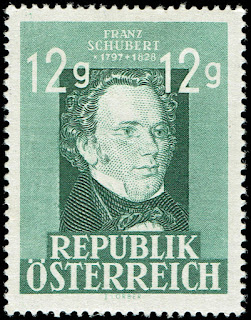
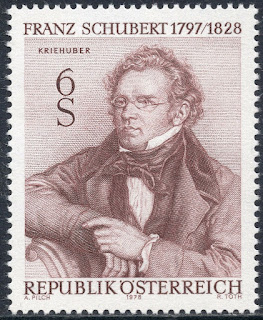
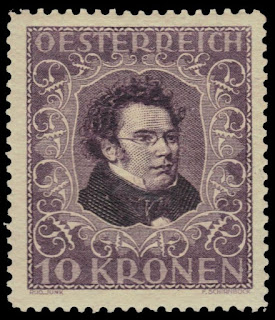



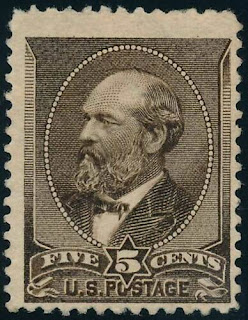
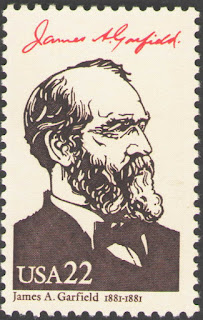

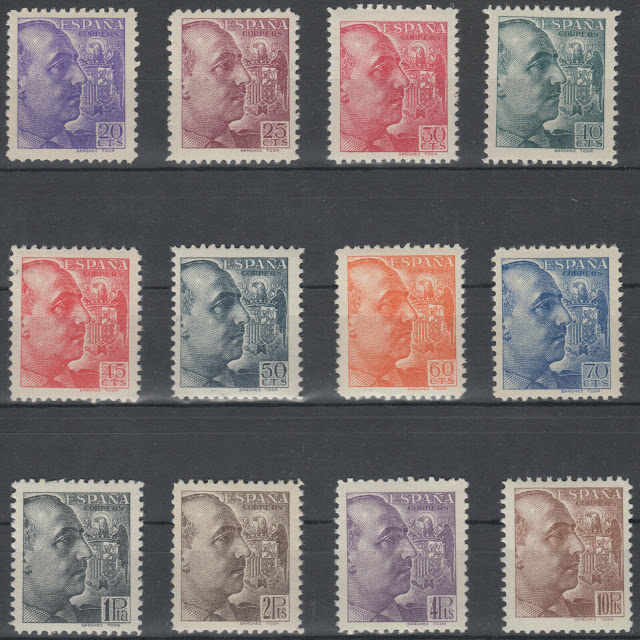

No comments:
Post a Comment